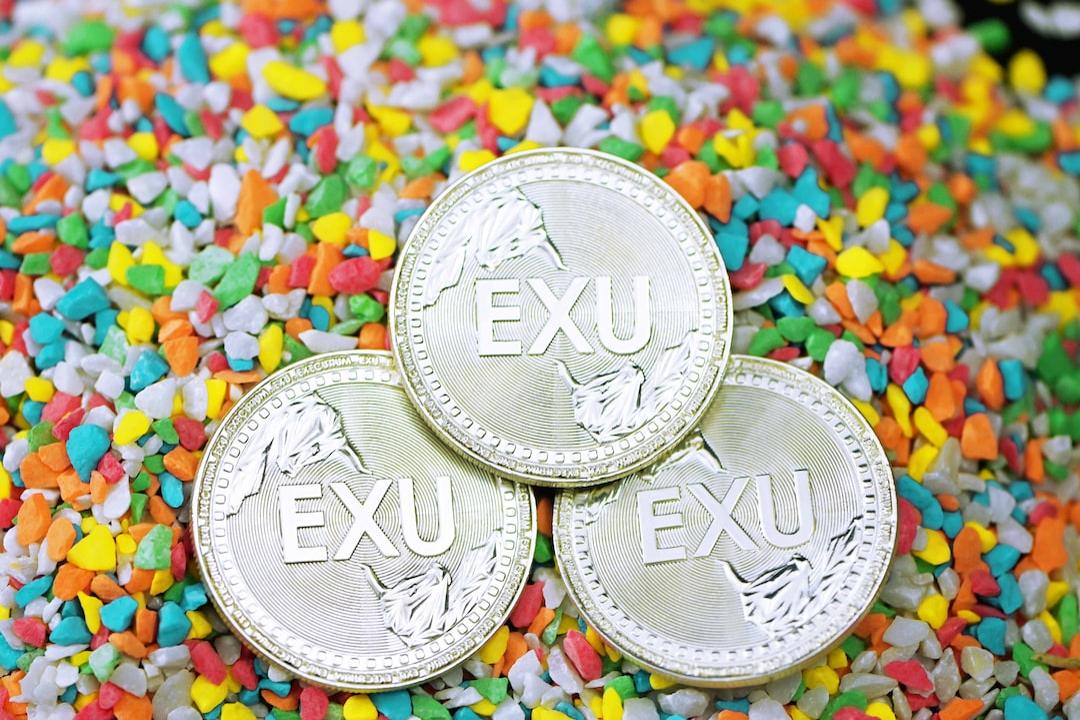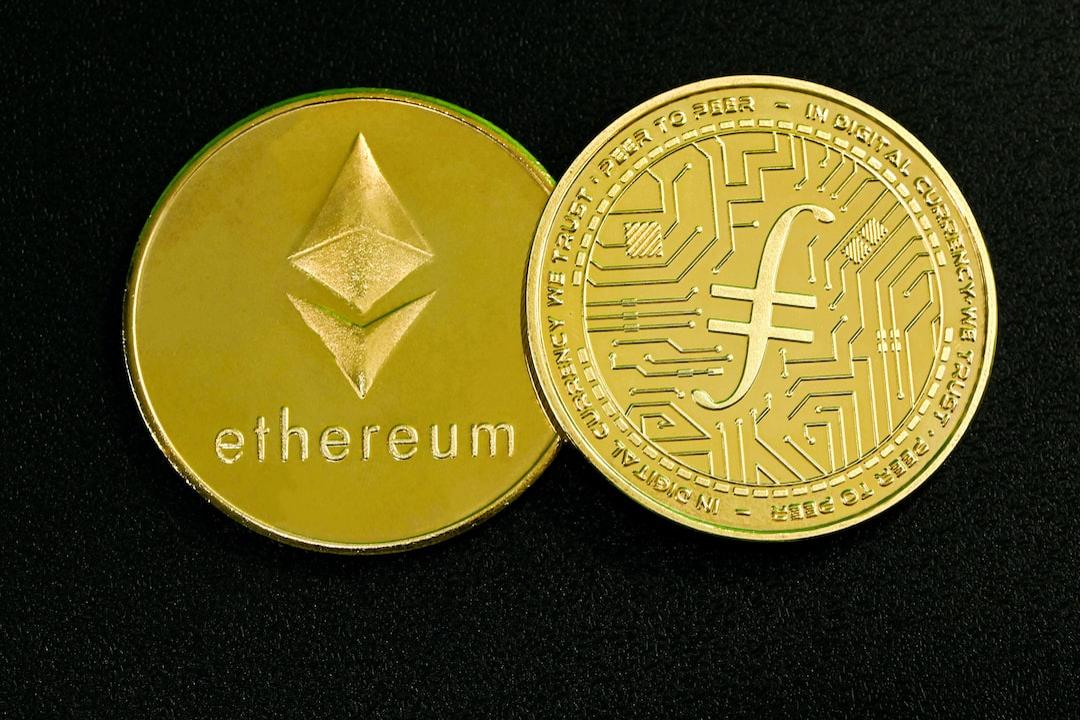YEREVAN (CoinChapter.com) —
Nigeria remains open to crypto businesses despite the ongoing Nigeria Binance lawsuit. The government confirmed that only specific companies are under investigation. Others continue operations within the country.
Information Minister Mohammed Idris told Semafor that many crypto businesses in Nigeria are not facing legal trouble.
“This is part of the effort to strengthen our laws, not to cripple anybody. We are ensuring that no one comes and operates without regulation,” Idris said.

In February 2024, Nigeria filed an $81.5 billion lawsuit against Binance, blaming the exchange for the sharp drop in the naira’s value. Authorities also claimed Binance owes $2 billion in unpaid taxes. The Nigeria Binance lawsuit has led to the detention of Binance executive Tigran Gambaryan, but officials have not extended the crackdown to all crypto companies.

Nigeria Crypto Regulations Get Stricter
The Nigeria Securities and Exchange Commission changed the rules for crypto in December 2024. These updates made it harder for companies to advertise. Now, any crypto exchange or digital asset firm must ask for approval before hiring third-party marketers.
In February 2025, the government introduced new plans to add a Nigeria crypto tax on digital transactions. The goal was to raise national revenue. However, some experts questioned whether the move would bring in the expected funds.
Despite the regulatory pressure, many providers of crypto in Nigeria continue to operate. The government appears focused on tighter control, not removal of the sector.
Nigeria Crypto Adoption Ranks Second Worldwide
Nigeria crypto adoption remains high. According to Chainalysis’ 2024 Global Adoption Index, Nigeria ranked second in the world. India ranked first. Between July 2023 and June 2024, Nigeria received $59 billion in cryptocurrencies.

The same report showed Nigeria led all African countries in total crypto transactions. Many people use crypto in Nigeria to avoid the risks linked to the naira, which has lost value rapidly since March 2024. Data from Trading Economics confirmed that Nigeria’s M2 money supply has risen sharply since then.
People and businesses turn to crypto in Nigeria to protect themselves from currency volatility. The steady rise in adoption shows that demand continues despite tighter rules.
Crypto Transactions in Nigeria Often Happen Off the Radar
Nic Puckrin, the founder of Coin Bureau, explained that many users rely on over-the-counter (OTC) methods for crypto transactions in Nigeria. These peer-to-peer trades do not use centralized crypto exchanges. That makes them hard for the government to track or tax.
According to Puckrin, importers use crypto in Nigeria to manage risks from unstable currency exchange rates. Since the naira continues to lose value, many importers use crypto instead of dealing with the banking system.
This trend limits how effective the planned Nigeria crypto tax will be. Much of the activity avoids centralized platforms, which weakens enforcement.
